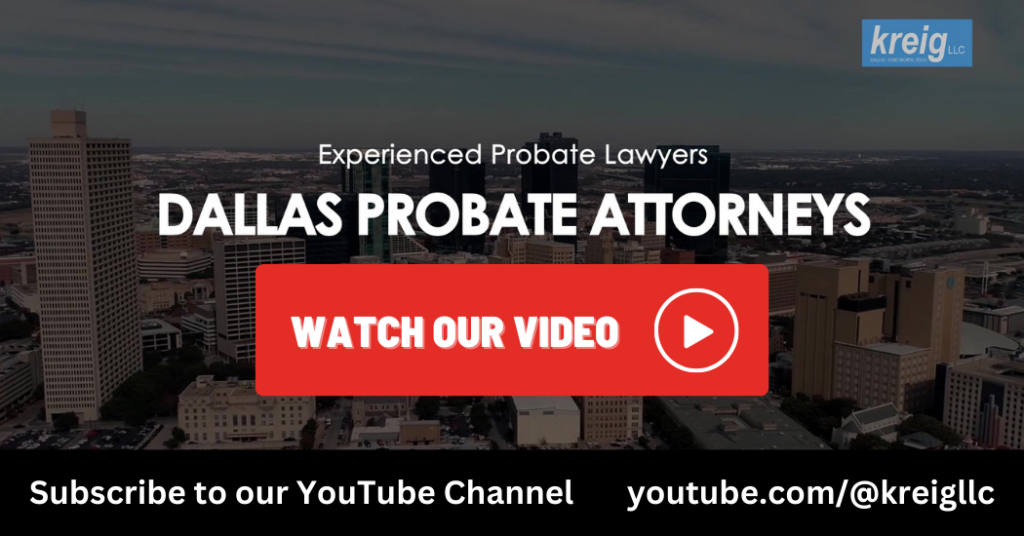The IRS has announced that it will be increasing the estate and gift tax exclusions for 2023. This means that more money can be passed on to heirs without being subject to taxes. For those who are planning their estates, this is good news. However, it also means that more people will be subject to the estate tax when they die.
How the Tax Cuts and Jobs Act Affected Estate and Gift Taxes
The Tax Cuts and Jobs Act (TCJA) of 2017 made some significant changes to estate and gift taxes. The most notable change is the increase in the exclusion amount for both estate and gift taxes. For 2018, the exclusion amount was $11.18 million per person, up from $5.49 million in 2017. This significantly reduces the number of taxpayers who are affected by these taxes.
Other changes made by the TCJA include the repeal of the estate tax on generation-skipping transfers (GSTs), and a reduction in the top rate for GSTs. The GST exemption was also increased to match the new estate tax exclusion amount, so it changed to $11.18 million per person.
These changes are all set to expire at the end of 2025, unless Congress takes action to extend or make them permanent.
The Current Exclusion Amounts
The IRS has announced increases to the estate and gift tax exclusion amounts for 2023. The exclusion amount for estates is now $12.92 million, up from $12.06 million in 2022. The exclusion amount for gifts is now $17,000, up from $16,000 in 2022. The exclusion amount for GST is now $12.92 million, up from $10 million in 2022.
The Exclusion Amounts for 2023
The exclusion amounts for estates of decedents dying and gifts made after December 31, 2022, are as follows:
(1) The basic exclusion amount for estates of decedents dying and gifts made after December 31, 2022, is $12.92 million, adjusted for inflation.
(2) The maximum rate of tax on an estate’s taxable value exceeding the basic exclusion amount is 40 percent.
(3) For gift tax purposes, the annual exclusion for gifts made after December 31, 2022, is $17,000 per donor per donee, adjusted for inflation.
How the Exclusion Amounts Affect Your Estate Planning
As you know, the federal estate tax exclusion amount is the amount of money that can be passed on to your heirs without them having to pay any estate taxes. The gift tax exclusion is the amount of money that you can give away during your lifetime without having to pay any gift taxes.
The impact of these changes on your estate planning will depend on how much your assets are worth. If your assets are worth less than the current estate tax exclusion amount, then you don’t have to worry about paying any estate taxes when you die. However, if your assets are worth more than the current exclusion amount, then you may need to take some steps to minimize your estate taxes.
One way to do this is by making use of the annual gift tax exclusion. This allows you to give away up to $17,000 per year (per recipient) without having to pay any gift taxes. You can use this exclusion every year until you reach the maximum allowable lifetime gift limit of $12.92 million (for 2023).
The Takeaway
The Internal Revenue Service has announced that it will be increasing the estate and gift tax exclusions for 2023. This is good news for those who are planning on passing on their wealth to their heirs, as it means that more of their assets will be exempt from taxation. The increased exclusion amounts will also help to reduce the overall burden of estate taxes on families.
Our Dallas Probate Attorneys provide a full range of probate services to our clients, including helping with estate planning. Probate is what we do. Affordable rates, fixed fees, and payment plans are available. We provide step-by-step instructions, guidance, checklists, and more for completing the probate process.We have years of combined experience we can use to support and guide you with probate and estate matters. Call us today for a FREE attorney consultation.
Disclaimer: The content of this website is for informational purposes only and should not be construed as legal advice. The information presented may not apply to your situation and should not be acted upon without consulting a qualified probate attorney. We encourage you to seek the advice of a competent attorney with any legal questions you may have.
Don't miss out, get a copy today!












